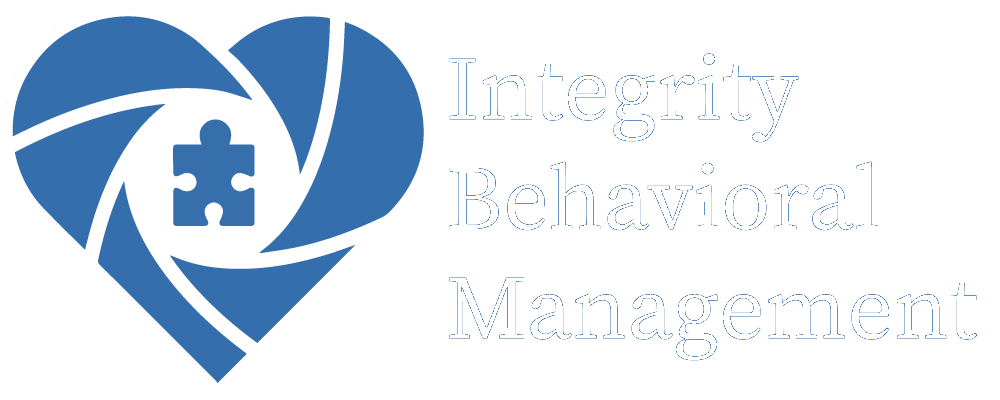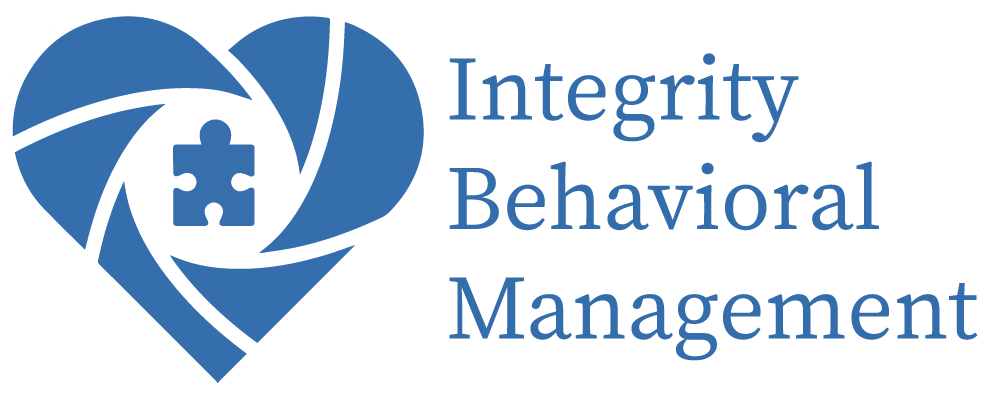Building and maintaining a support system while dealing with a substance use disorder (SUD) is crucial to recovery, but can be a challenge- especially if a person feels isolated, has strained relationships, or lacks close connections with family or friends. Below is a practical guide in how to build and grow a support system:
How to build a Support System
- Be Honest with Yourself and Others:
- Acknowledge the need for support; it’s not weakness- it’s a strength.
- Practice being open about what you’re struggling with, even if it’s with one person you trust or a group.
- Professional help might be needed:
- Therapist or Counselor: Especially one specializing in addiction or trauma.
- Primary Care Provider: Can provide referrals, medication-assisted treatment (MAT) and also can connect you to various programs.
- Case Manager or Social Worker (if available): Helps coordinate housing, treatment, employment, etc.
- Join Peer Support Groups
- These are structured, anonymous, and full of people who will understand what you’re going through:
- 12 Step Programs like AA (Alcoholics Anonymous) or NA (Narcotics Anonymous).
- SMART recovery (science-based, non-religious).
- Celebrate Recovery (faith-based, Christian).
- Refuge Recovery (Buddhist-based).
- Online options (More Below).
- These are structured, anonymous, and full of people who will understand what you’re going through:
How to seek out a support system (without family or friends)
If you’re lacking a personal circle, these alternatives can be an option:
- Community Resources
- Local Recovery Centers: Most cities have outpatient/inpatient or residential programs that offer peer support.
- Drop-in recovery centers: You don’t need to be enrolled in treatment to attend.
- Churches or spiritual communities: Some offer support regardless of faith affiliation.
- Online Communities
- In the Rooms: Online meetings and recovery chats 24/7.
- Sober Grid: A social network for sober people.
- SmartRecovery.org: Online meetings and forums.
- Loosid: A sober social network with support features.
- Volunteering and Classes
- Join a group activity or volunteer- Recovery-friendly environments often promote accountability and connection.
How to maintain a Support System
- Stay in Regular Contact with your Support Network
- Maintain regular calls, texts, meetings.
- Set up recurring reminders to check in with people.
- Set Boundaries
- Avoid relationships with people who abuse or enable substance use.
- Protect your energy- support systems should be mutual, not draining.
- Keep a Recovery Routine
- Daily self check-ins (journal, gratitude, self-inventory, etc)
- Schedule Meetings or therapy.
- Hobbies that replace the role that substances use to play (art, fitness, music, etc).





